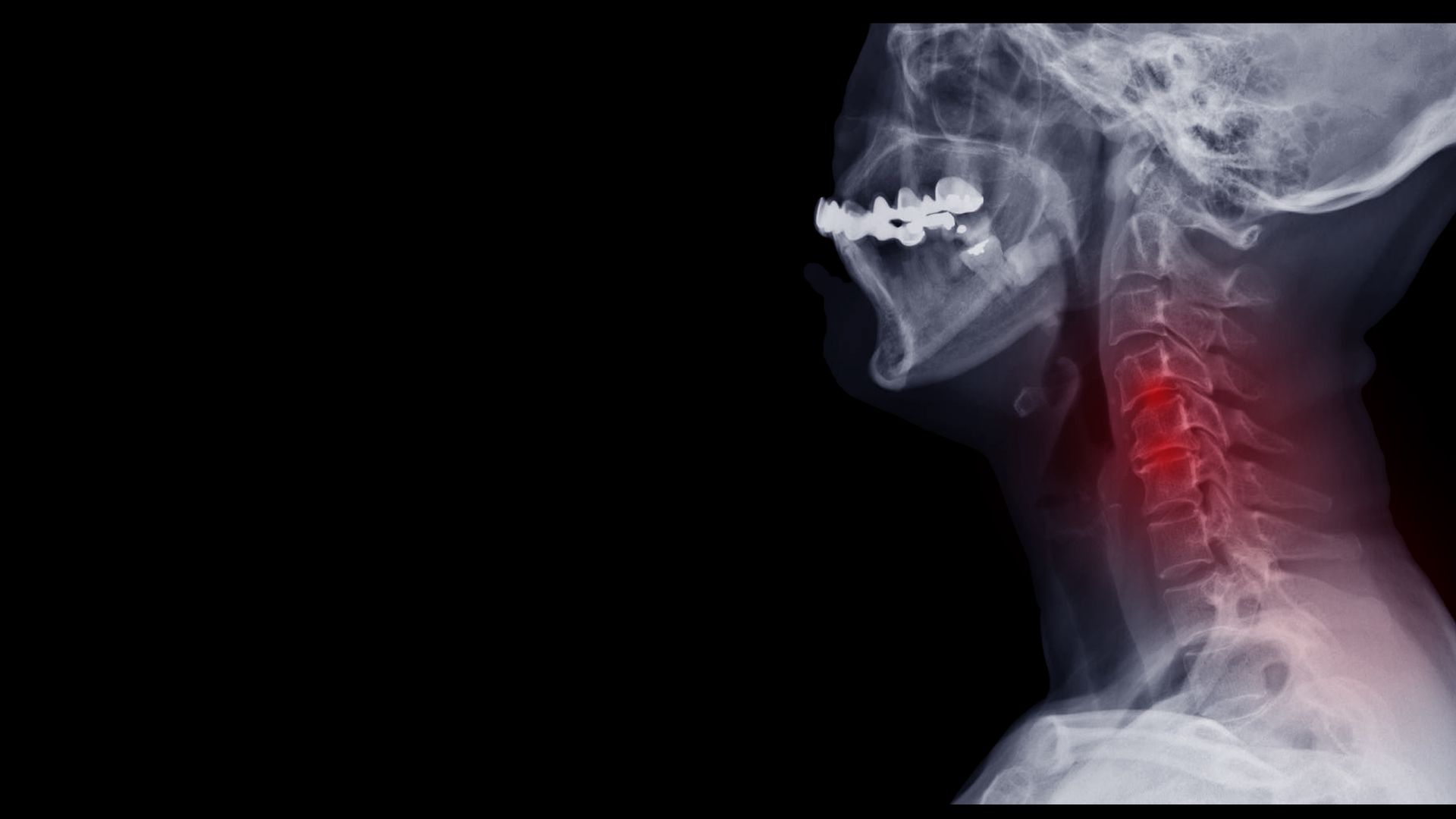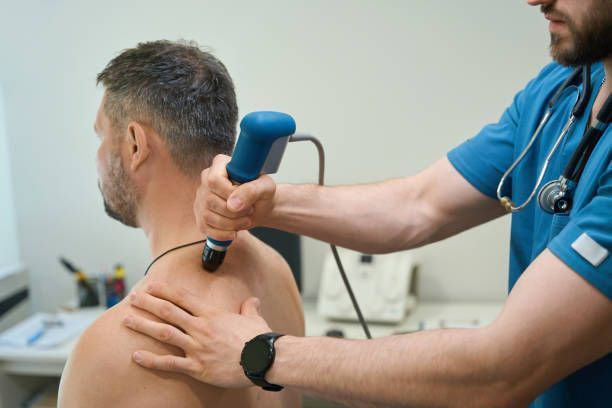
Opioids are the one of the most prescribed pain-relief for people with low back and neck pain. In Australia, around 40 percent of people with low back and neck pain who present to their GP and 70 percent of people with low back pain who visit a hospital emergency department are prescribed opioids such as oxycodone.
But our new study, published today in the Lancet medical journal, found opioids do not relieve "acute" low back or neck pain (lasting up to 12 weeks) and can result in worse pain.
Prescribing opioids for low back and neck pain can also cause harms ranging from common side effects – such as nausea, constipation and dizziness – to misuse, dependency, poisoning, and death.
Our findings show opioids should not be recommended for acute low back pain or neck pain. A change in prescribing for low back pain and neck pain is urgently needed in Australia and globally to reduce opioid-related harms.
Comparing opioids to a placebo
In our trial, we randomly allocated 347 people with acute low back pain and neck pain to take either an opioid (oxycodone plus naloxone) or placebo (a tablet that looked the same but had no active ingredients).
Oxycodone is an opioid pain medicine which can be given orally. Naloxone, an opioid-reversal drug, reduces the severity of constipation while not disrupting the pain relieving effects of oxycodone.
Participants took the opioid or placebo for a maximum of six weeks.
People in the both groups also received education and advice from their treating doctor. This could be, for example, advice on returning to their normal activities and avoiding bed rest.
We assessed their outcomes over a one-year period.
What did we find?
After six weeks of treatment, taking opioids did not result in better pain relief compared to the placebo.
Nor were there benefits to other outcomes such as physical function, quality of life, recovery time, or work absenteeism.
More people in the group treated with opioids experienced nausea, constipation, and dizziness than in the placebo group.
Results at one year highlight the potential long-term harm of opioids even with short-term use. Compared to the placebo group, people in the opioid group experienced slightly worse pain, and reported a higher risk of opioid misuse (problems with their thinking, mood or behavior, or using opioids differently from how the medicines were prescribed).
More people in the opioid group reported pain at one year: 66 people compared to 50 in the placebo group.
What will this mean for opioid prescribing?
In recent years, international low back pain guidelines have shifted the focus of treatment from drug to non-drug treatment due to evidence of limited treatment benefits and concern of medication-related harm.
For acute low back pain, guidelines recommend patient education and advice, and if required, anti-inflammatory pain medicines such as ibuprofen. Opioids are recommended only when other treatments haven't worked or aren't appropriate.
Guidelines for neck pain similarly discourage the use of opioids.
Our latest research clearly demonstrates the benefits of opioids do not outweigh possible harms in people with acute low back pain and neck pain.
Instead of advising opioid use for these conditions in selected circumstances, opioids should be discouraged without qualification.
Change is possible
Complex problems such as opioid use need smart solutions, and another study we recently conducted provides convincing data opioid prescribing can be successfully reduced.
The study involved four hospital emergency departments, 269 clinicians and 4,625 patients with low back pain. The intervention comprised of:
- clinician education about evidence-based management of low back pain
- patient education using posters and handouts to highlight the benefits and harms of opioids
- providing heat packs and anti-inflammatory pain medicines as alternative pain-management treatments
- fast-tracking referrals to outpatient clinics to avoid long waiting lists
- audits and feedback to clinicians on information about opioid prescribing rates.
This intervention reduced opioid prescribing from 63 percent to 51 percent of low back pain presentations. The reduction was sustained for 30 months.
Key to this successful approach is that we worked with clinicians to develop suitable pain-management treatments without opioids that were feasible in their setting.
More work is needed to evaluate this and other interventions aimed at reducing opioid prescribing in other settings including GP clinics.
A nuanced approach is often necessary to avoid causing unintended consequences in reducing opioid use.
If people with low back pain or neck pain are using opioids, especially at higher doses over an extended period of time, it's important they seek advice from their doctor or pharmacist before stopping these medicines to avoid unwanted effects when the medicines are abruptly stopped.
Our research provides compelling evidence opioids have a limited role in the management of acute low back and neck pain. The challenge is getting this new information to clinicians and the general public, and to implement this evidence into practice.
Christine Lin, Professor, University of Sydney; Andrew McLachlan, Head of School and Dean of Pharmacy, University of Sydney; Caitlin Jones, Postdoctoral Research Associate in Musculoskeletal Health, University of Sydney, and Christopher Maher, Professor, Sydney School of Public Health, University of Sydney
This article is republished from The Conversation under a Creative Commons license. Read the original article.



